What Singers Can Learn from Golden (K-Pop Demon Hunters)
When a song captures not only the charts but also the imagination of singers worldwide, it deserves a closer look. *“Golden”* from K-Pop Demon Hunters is one such song. Beyond its chart-topping success, it offers rich lessons in vocal technique, emotional delivery, and interpretive artistry that singers and vocal coaches can learn from.
1. Pushing Limits Without Breaking the Voice
One of the most common struggles for singers covering *Golden* is its demanding high tessitura. Many hesitate to lower the key, fearing it feels like “playing safe” when the song itself symbolises pushing beyond limits.
Coaching perspective:
- Explore the song in a lower key first, to access its emotional intensity without straining vocal muscles.
- Then, experiment with a balance of controlled strain—just enough to express tension and ambition without damaging the voice.
This approach allows singers to honour the song’s message of striving upward while staying vocally healthy.
2. Balancing Characters and Authenticity
Ejae—the trained vocalist and songwriter behind *Golden*—has a unique ability to roleplay characters. In her demos for other K-pop tracks, she often shifts voice colours to embody different personas.
For solo singers, however, the key is not to imitate character changes too literally. Instead:
- Focus on emotional shifts and subtle vocal styling, while preserving the core identity of your own voice.
- This balances expressive storytelling with personal authenticity—an essential skill in K-pop and beyond.
3. Efficient K-Pop Diction
Consonant placement plays a big role in K-pop vocal clarity. Many singers practise high notes with a “g” consonant, but K-pop diction is often shorter, sharper, and forward-placed—closer to a “k” sound.
Practical tip:
- Study covers of *Golden* by K-pop artists and fans to hear how diction shapes brightness and agility.
- This is a hallmark of K-pop vocal style: every consonant is crisp and rhythmically locked, ensuring power without heaviness.
4. Developing Your Own Style
Perhaps the most important lesson comes from the message of K-Pop Demon Hunters itself: self-acceptance and shining as who you are.
For singers, this means:
- Don’t force yourself to copy the exact sound of the original recording.
- Spend time discovering how your own vocal colour and style can bring something new to the song.
The strength of *Golden* lies in how universally relatable its theme is—it invites singers to find their own “golden voice.”
Additional Resources & Listening
To dive deeper into the artistry behind *Golden*, here are some references and related works:
- Teddy Park’s Productions:
- Blackpink – “Kill This Love”: https://www.youtube.com/watch?v=2S24-y0Ij3Y
- 2NE1 – “I Am the Best”: https://www.youtube.com/watch?v=j7_lSP8Vc3o
- BigBang – “Fantastic Baby”: https://www.youtube.com/watch?v=AAbokV76tkU
- Ejae’s Songwriting Contributions:
- Red Velvet – “Psycho” (ejae’s demo) : https://www.youtube.com/watch?v=4Xz3n1EnSos
- Covers & Interpretation of Golden: (mentioned by Ejae)
- Bada cover: https://www.youtube.com/watch?v=UJNVGZzyAcs
Why This Song Matters for Singers and Vocal Coaches
Whether you are a beginner exploring singing lessons, a vocalist working on advanced technique, or a vocal coach designing training exercises, *Golden* provides:
- Technical growth: range, breath control, diction
- Emotional exploration: balancing vulnerability and triumph
- Stylistic insight: authentic K-pop vocal polish
- Personal discovery: finding one’s unique voice within a global style
